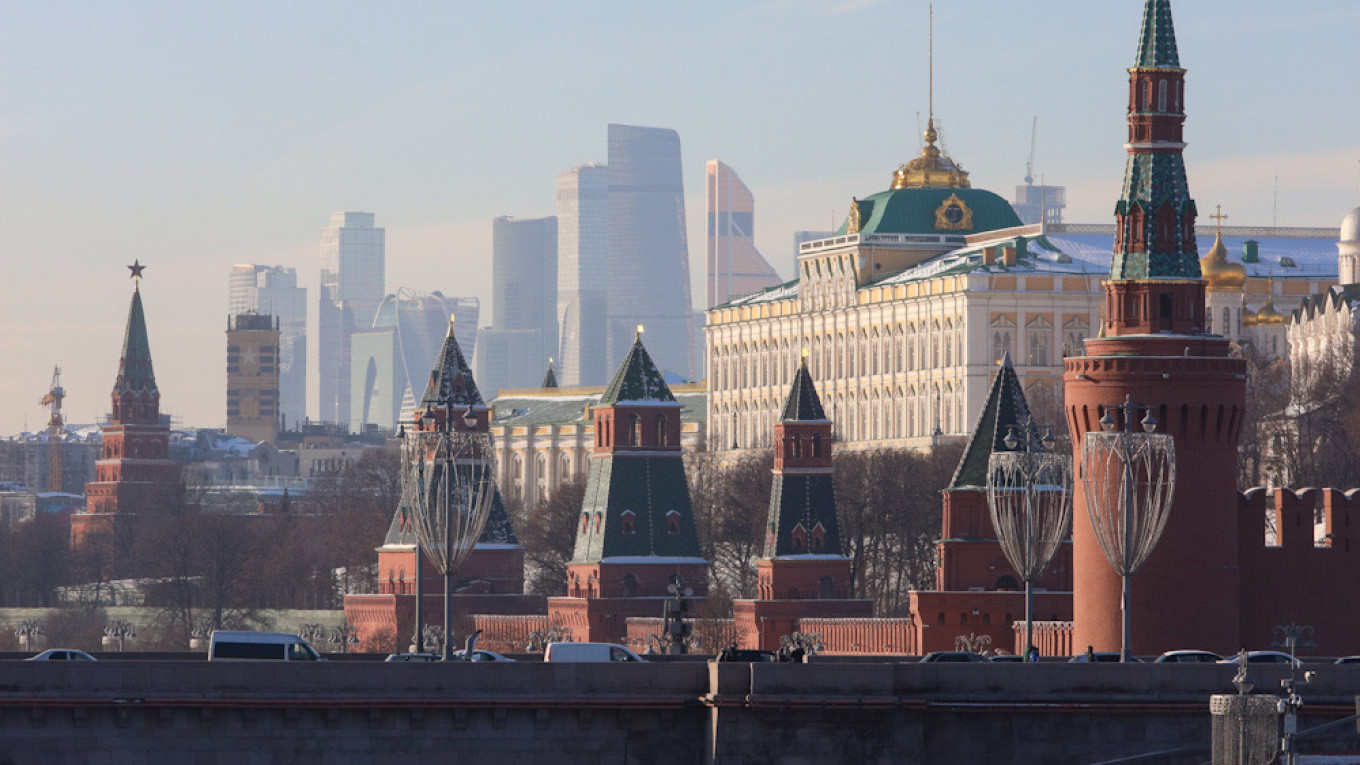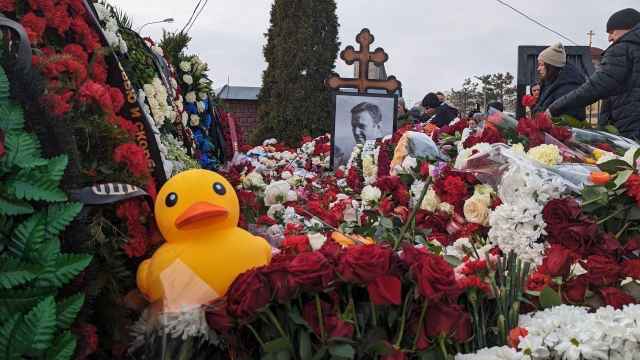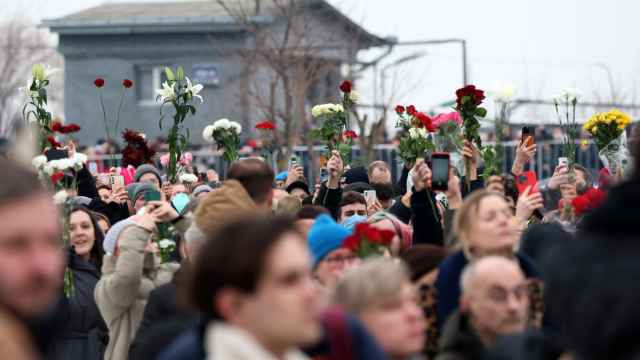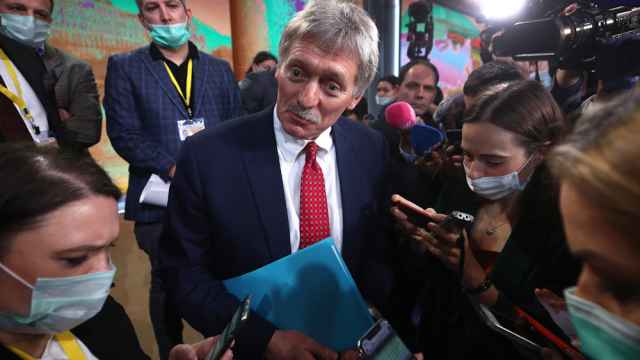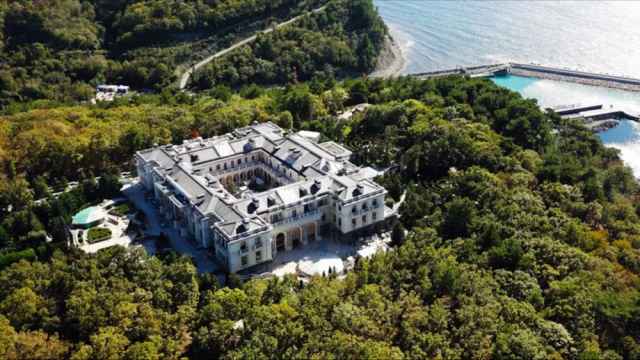The Kremlin on Monday rejected Western concerns over hunger-striking Kremlin critic Alexei Navalny’s health as supporters warn that he is at risk of dying in prison.
World leaders, celebrities and media organizations have called on President Vladimir Putin to allow Navalny see his doctors after the medics warned that he could suffer cardiac arrest at “any minute” amid his rapidly deteriorating health.
“We don’t take such statements made by representatives of other states in any way,” Putin’s spokesman Dmitry Peskov told reporters. “This is not a concern that we take note of.”
“The state of health of convicts and prisoners on Russian territory cannot and should not be a topic of interest for them,” the state-run TASS news agency quoted him as saying.
Peskov added that the Kremlin is not monitoring Navalny’s health.
“I have no information about the prisoner in question’s health and therefore I cannot accept your claims about some kind of critical condition on faith alone,” he said at a daily briefing.
“The president in this case cannot take any actions in relation to monitoring the health of prisoners,” Peskov said. “All these processes are strictly regulated in prisons.”
Peskov's comments come after U.S. President Joe Biden called Navalny’s plight “totally unfair” and his national security adviser warned of “consequences” for Russia if Navalny dies. The European Union’s foreign ministers plan to discuss Navalny’s situation on Monday.
Navalny’s doctors said Sunday that they had once again been denied entry to the notorious penal colony where he is serving two and a half years on charges of violating parole under an old fraud conviction. The 44-year-old went on hunger strike on March 31 demanding outside medical assistance for a host of ailments.
His team has called for massive protests across some 80 Russian cities on Wednesday evening, just hours after Putin is set to deliver his state-of-the-nation address, in a bid to save his life.
Russian prison authorities said earlier Monday they have transferred Navalny to a medical ward at a different prison for “vitamin therapy.” Navalny’s team accused the authorities of attempting to hide him from his lawyers and dissuade people from attending Wednesday’s nationwide protests, which Russian police warned they will not allow to take place.
On Friday, Russian prosecutors asked a court to label Navalny's Anti-Corruption Foundation and the network of his regional offices "extremist" organizations. The designation would outlaw the organizations in Russia and could result in jail time for their members or even supporters.
AFP contributed reporting.
A Message from The Moscow Times:
Dear readers,
We are facing unprecedented challenges. Russia's Prosecutor General's Office has designated The Moscow Times as an "undesirable" organization, criminalizing our work and putting our staff at risk of prosecution. This follows our earlier unjust labeling as a "foreign agent."
These actions are direct attempts to silence independent journalism in Russia. The authorities claim our work "discredits the decisions of the Russian leadership." We see things differently: we strive to provide accurate, unbiased reporting on Russia.
We, the journalists of The Moscow Times, refuse to be silenced. But to continue our work, we need your help.
Your support, no matter how small, makes a world of difference. If you can, please support us monthly starting from just $2. It's quick to set up, and every contribution makes a significant impact.
By supporting The Moscow Times, you're defending open, independent journalism in the face of repression. Thank you for standing with us.
Remind me later.


